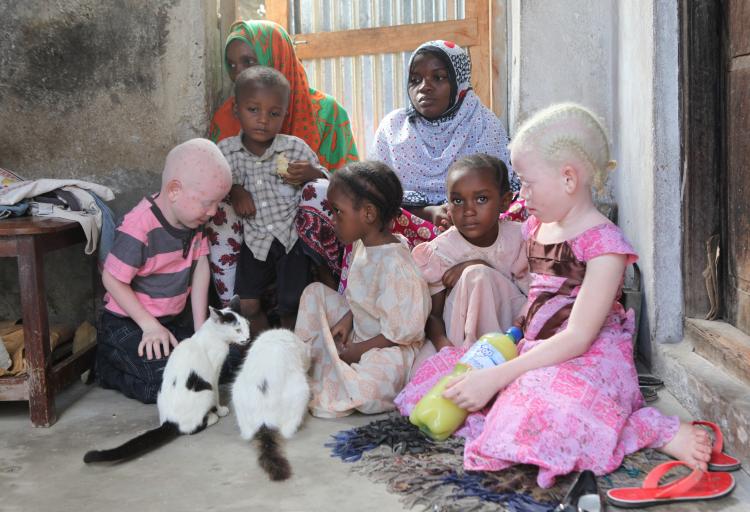International Albinism Awareness Day 2023
International Albinism Awareness Day is observed annually on 13th June to create awareness about a genetic skin condition called Albinism, and promote the rights and regulations of Albinism on a global level. The day is recognized to put an end to the misconceptions and stereotypes related to this condition, and also encourage the inclusion of people suffering from Albinism in all aspects of society without any discrimination.
Theme for International Albinism Awareness Day 2023
This year’s theme, “Inclusion is Strength,” builds on last year’s theme of “United in making our voice heard.” Its aim is to ensure the inclusion of the voices of persons with albinism in all sectors of life. It emphasises the importance of inclusion of a diversity of groups from both within and outside the albinism community.
Buy Prime Test Series for all Banking, SSC, Insurance & other exams
What is albinism?
Albinism is a rare, non-contagious, genetically inherited difference present at birth. In almost all types of albinism, both parents must carry the gene for it to be passed on, even if they do not have albinism themselves. The condition is found in both sexes regardless of ethnicity and in all countries of the world. Albinism results in a lack of pigmentation (melanin) in the hair, skin and eyes, causing vulnerability to the sun and bright light. As a result, almost all people with albinism are visually impaired and are prone to developing skin cancer. There is no cure for the absence of melanin that is central to albinism.
While numbers vary, it is estimated that in North America and Europe 1 in every 17,000 to 20,000 people have some form of albinism. The condition is much more prevalent in sub-Saharan Africa, with estimates of 1 in 1,400 people being affected in Tanzania and prevalence as high as 1 in 1,000 reported for select populations in Zimbabwe and for other specific ethnic groups in Southern Africa.
History of International Albinism Awareness Day
- The origin of International Albinism Awareness Day can be traced back to the dedicated work of various organizations and advocates who aimed to raise awareness about this medical condition and improve the lives of individuals with Albinism.
- In 2013, the United Nations’ Human Rights Council recognized Albinism as a human rights issue, condemning the global violence and discrimination faced by individuals with Albinism. The resolution also outlined the actions that member states should take to promote social inclusion and protect the rights of affected individuals.
- This resolution received support from numerous organizations worldwide, including the Albinism Society of Kenya. Eventually, on December 18, 2014, the United Nations General Assembly officially designated June 13 as International Albinism Awareness Day.
- The late Ambassador of the Mission of Somalia to the United Nations in Geneva, Yusuf Mohamed Ismail Bari-Bari, played a leading role in championing the resolution, in collaboration with Under the Same Sun, an organization dedicated to promoting and protecting the rights of people with Albinism, particularly in Africa. Shortly after the resolution’s adoption, NOAH (National Organization for Albinism and Hypopigmentation) participated in a United Nations event to celebrate this milestone.




 Which District of Haryana is known as th...
Which District of Haryana is known as th...
 Top-5 Richest Cities in India by GDP 202...
Top-5 Richest Cities in India by GDP 202...
 Most Wickets in T20 World Cup 2026: Full...
Most Wickets in T20 World Cup 2026: Full...








